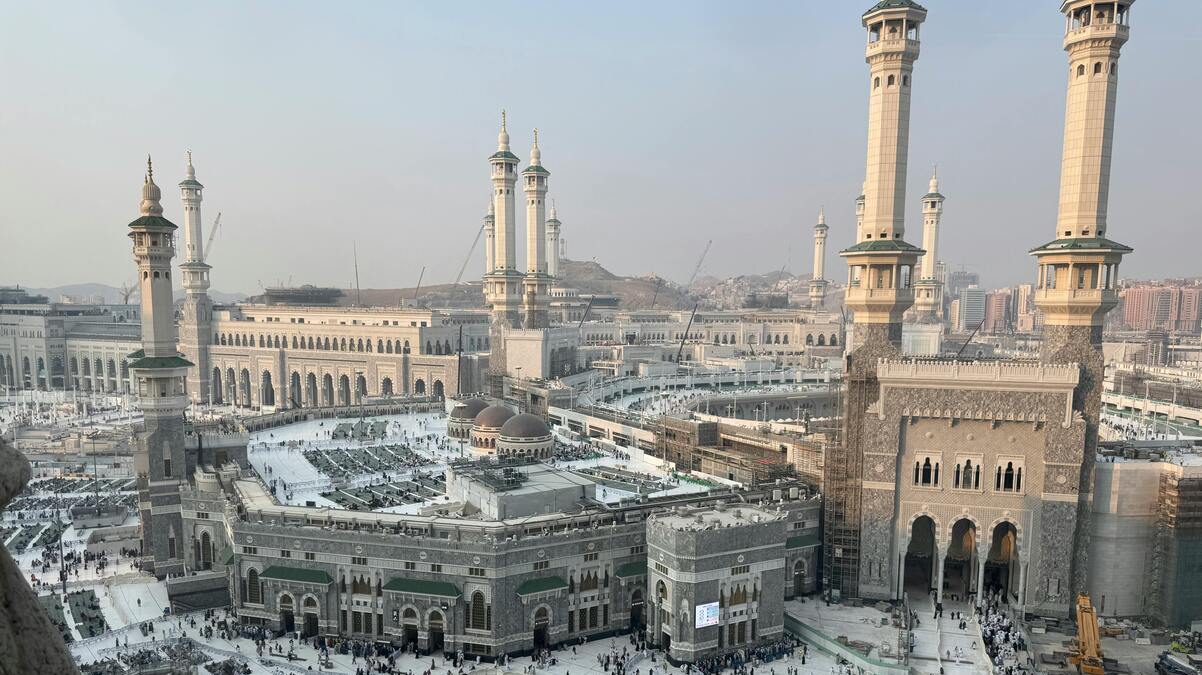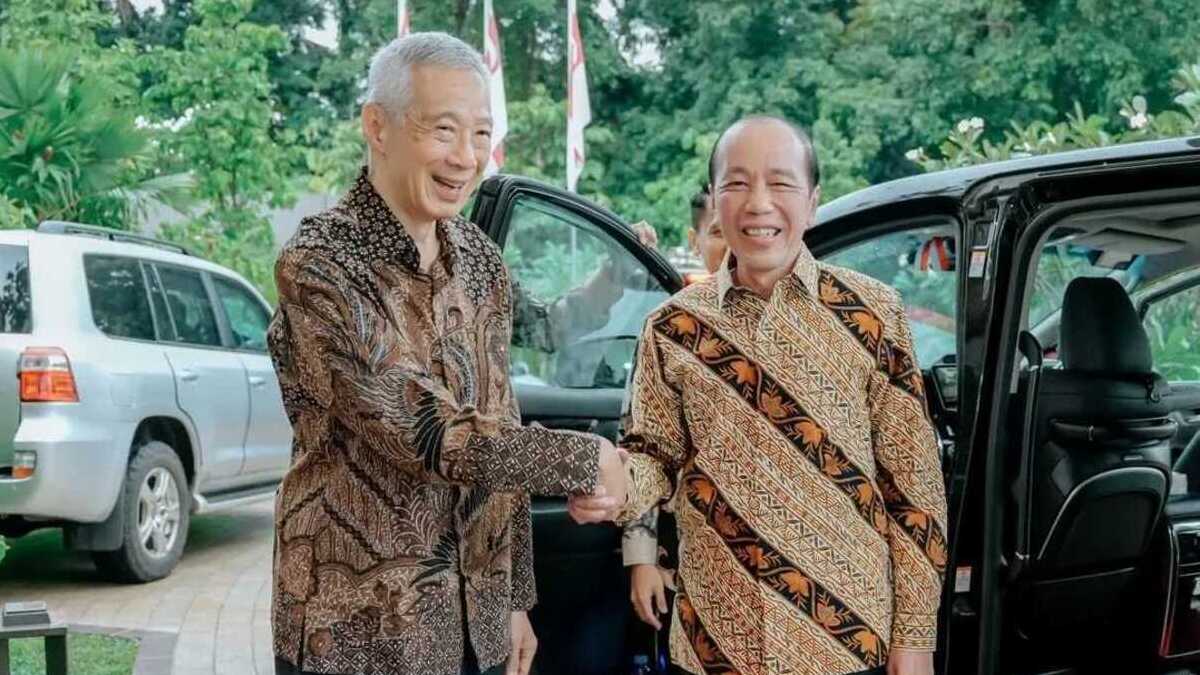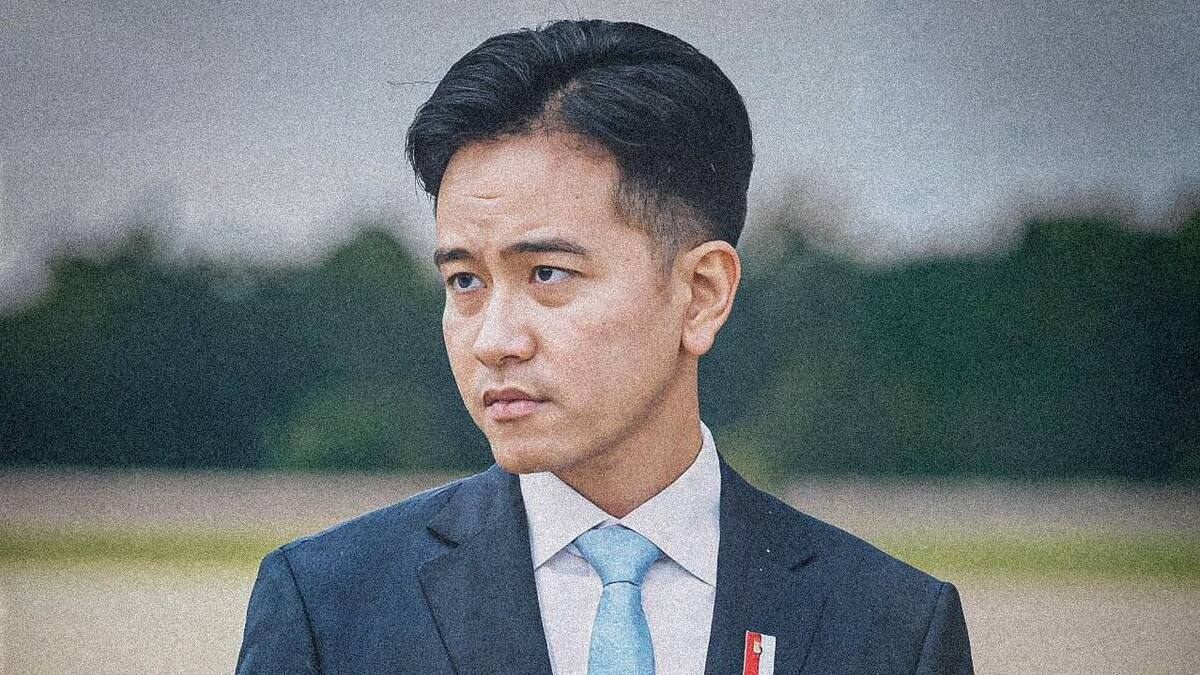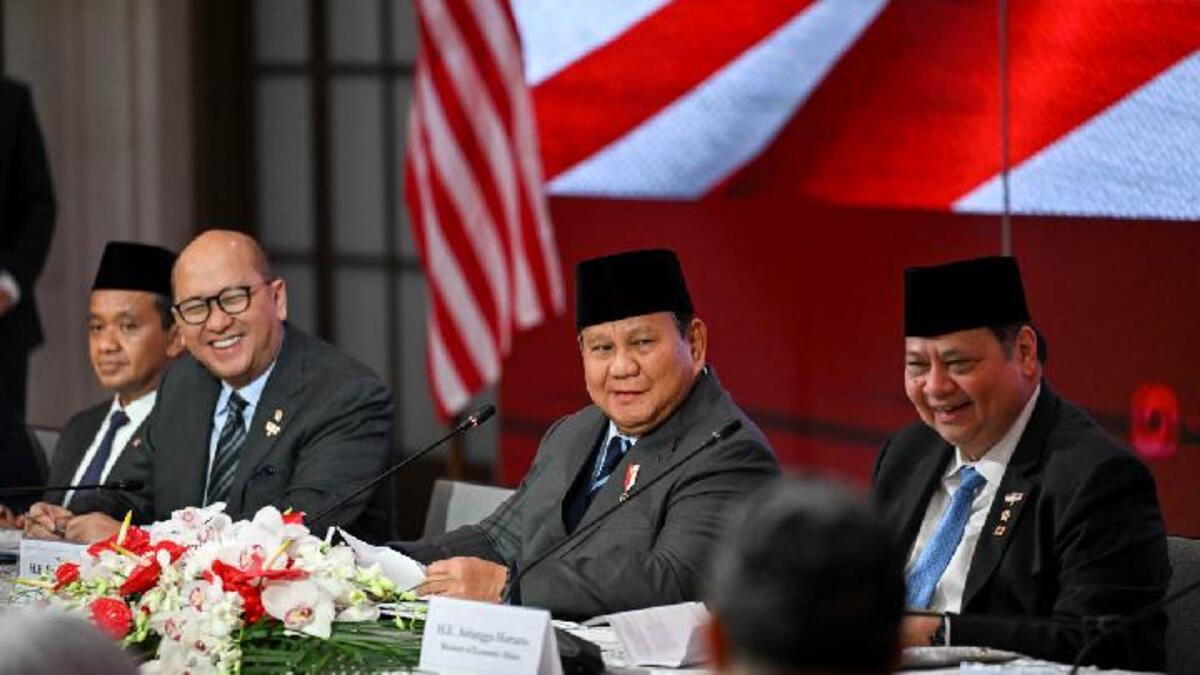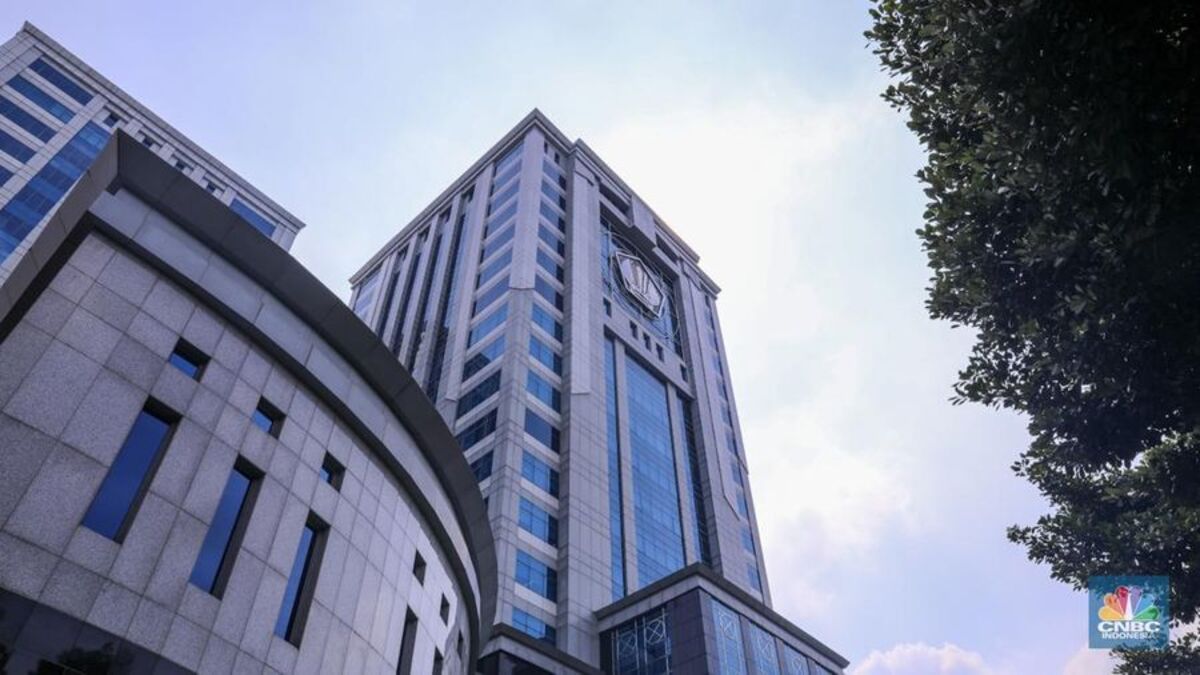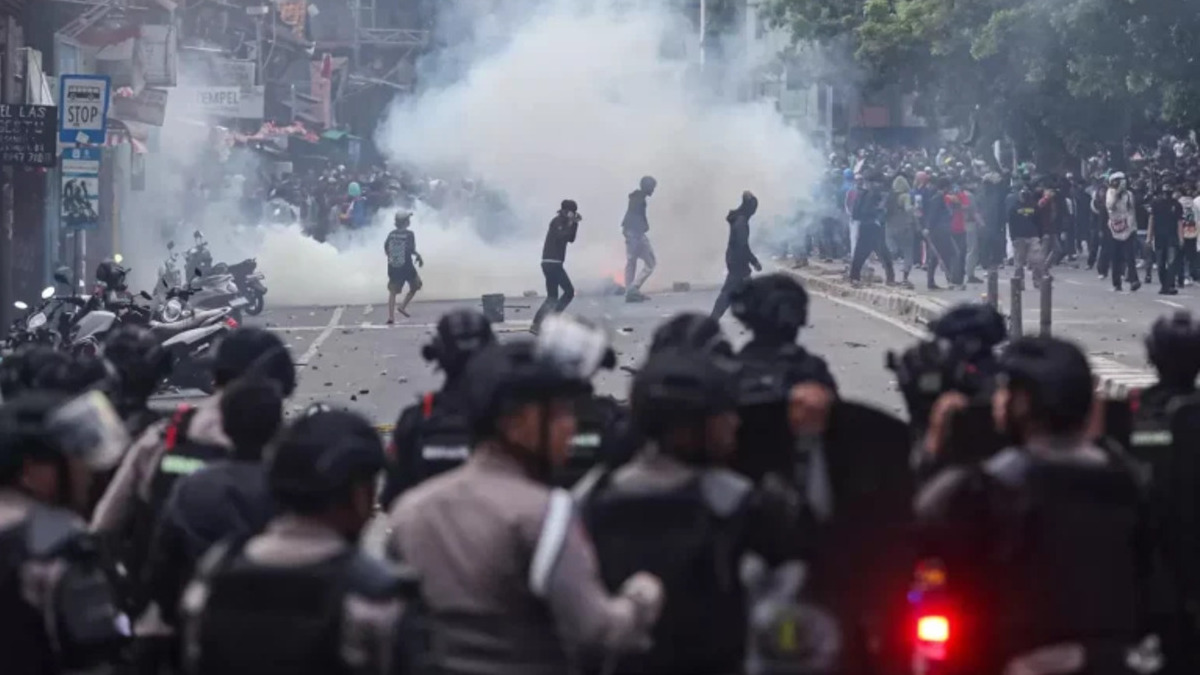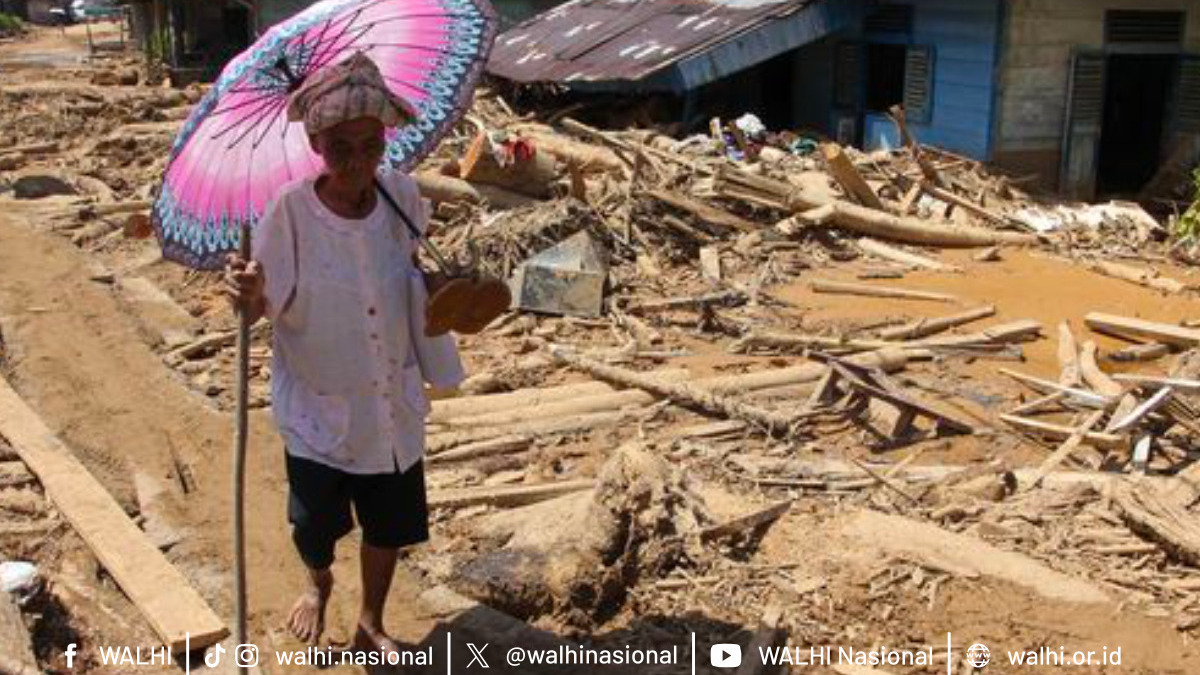Indonesia’s election body faces renewed scrutiny as hearing on President Jokowi’s academic records intensifies
At a tense KIP hearing on 17 November 2025, commissioners chastised UGM for an unsigned, informal response in the Jokowi diploma case, and pressed KPU Surakarta for burning archive records — intensifying the transparency debate around the President’s academic credentials.
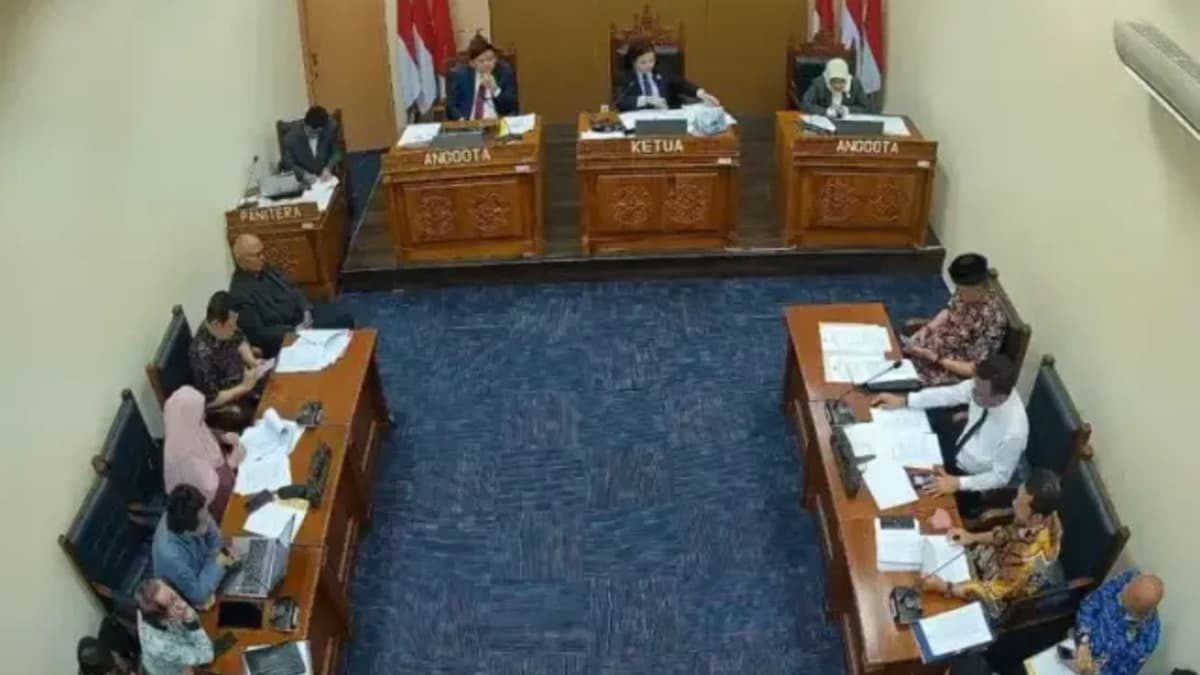
- The Information Commission (KIP) sharply criticised UGM’s formal response for lacking letterhead and signature in the ongoing diploma dispute involving President Joko Widodo.
- KPU Surakarta admitted to destroying — including burning — archived documents from Jokowi’s earlier electoral registration, citing internal retention rules.
- Petitioners led by Roy Suryo raised detailed claims of document inconsistency, arguing the diploma may not be authentic.
The Information Commission (KIP) held a heated session addressing a protracted public-information dispute concerning President Joko Widodo's university diploma. What began as a procedural review of Universitas Gadah Mada (UGM)’s response escalated into a full-blown institutional showdown — particularly over KPU Surakarta’s archive practices.
KIP Chair Rospita Vici Paulyn confronted Universitas Gadjah Mada (UGM) for its most recent reply: a 14 November response delivered via email without official letterhead or authorised signature, raising serious doubts about its formality and validity.
Paulyn warned that such administrative sloppiness undermines the legitimacy of UGM's replies in a case of national interest. “An institution such as UGM must adhere to formal standards when responding to public-records requests — this is not optional,” she said.
During the hearing, Paulyn questioned UGM representatives repeatedly, insisting that a proper, verifiable response is required to fulfil KIP’s mandate on transparency. According to Detik, she stressed that without the hallmarks of formal documentation, the response cannot be fully accepted.
KPU Surakarta under fire for destroying archival records
The focus then shifted to KPU Surakarta, which came under intense criticism after admitting that it had destroyed archived documents related to Jokowi’s past electoral registration.
According to KPU’s representative in the hearing, archives were disposed of following PKPU Regulation No. 17/2023, which permits deletion after one year of active use and two years in inactive storage. Crucially, KPU admitted some of that disposal involved burning the physical documents.
KIP commissioners strongly challenged this rationale. Paulyn argued that the retention schedule violates national archival law, particularly Law No. 43 of 2009 on Archives, which protects records relating to public officials from premature destruction. “These are state documents,” she told KPU. “Once destroyed — especially by burning — how can the public verify them later?”
KPU Surakarta defended its actions by saying the documents in question had passed their retention expiry, but stated that it would re-examine its adherence to archival norms after the hearing. Meanwhile, national-level KPU reaffirmed that the diploma documents remain classified as open public information and should be accessible under freedom-of-information principles.
Petitioners detail claims of diploma inconsistencies
Petitioners in the KIP hearing, led by political commentator Roy Suryo, presented several specific claims that they say raise serious doubts about the authenticity of Jokowi’s diploma. KIP officials acknowledged these as allegations, not proven facts, but agreed the seriousness of the claims demands full transparency.
Key claims include:
-
Destruction of original archive: Petitioners argue that the burning of documents by KPU Surakarta removed critical verification sources.
-
Formatting inconsistencies: Roy Suryo’s team compared different versions of the diploma and highlighted alleged discrepancies in layout, typeface, stamps and signatures — suggesting the diploma may not conform to UGM’s historical graduation documents.
-
Irregular academic records: According to the petitioners, UGM’s student records for Jokowi contain gaps or entries that do not match typical administrative practices from the period in question.
-
Broken paper trail: They argued that, combined with missing archives and procedural lapses, the remaining documentation fails to provide a continuous chain of custody or proven authenticity.
KIP commissioners emphasised that their role is limited to enforcing information-disclosure rules; they do not adjudicate on the veracity of academic credentials.
The public watches closely — and demands accountability
News of the hearing triggered fervent debate across social media platforms. Netizens expressed deep concern about how institutions manage and protect state-related archives. Many echoed Paulyn’s criticism of UGM’s response, calling it “unprofessional” for bypassing basic administrative formalities.
Some commentators condemned KPU Surakarta’s decisions, accusing it of destroying evidence vital to public trust. Others urged restraint, warning against turning the controversy into a political spectacle without full factual clarity. A recurring sentiment was that the public deserves complete, unredacted access to the documents — and that guessing or speculation should not replace accountability.
Broader legal and political context
The controversy does not exist in isolation. Earlier in 2025, a civil suit was filed in the South Sleman District Court (PN Sleman) over the alleged forgery of Jokowi’s diploma.
However, in August 2025, PN Sleman dropped the case after ruling it lacked jurisdiction, noting that the matter is more appropriately handled under public information laws.
Meanwhile, legal scholar Mahfud MD has publicly argued that UGM cannot be accused of faking the diploma, noting that the university’s role is to issue diplomas — not to falsify them.
What lies ahead: next steps for KIP, UGM and KPU
KIP has ordered UGM and KPU Surakarta to submit revised, formally compliant documentation. The Commission is expected to hold additional hearings to assess whether these institutions meet the standards required under national archival and information-disclosure laws.
Observers suggest that the outcome could set significant precedent: how Indonesia treats the public documentation of national leaders may become a benchmark for transparency and archival governance going forward.
If UGM fails to supply a fully formal response, KIP could issue sanctions or force compliance. For KPU Surakarta, the admission of burning archives poses reputational and institutional risks — especially if its archival policies are later found to conflict with national law.
Meanwhile, petitioners may continue pushing their arguments through legal or administrative channels, even as public pressure mounts for a clear, definitive account of Jokowi’s academic past.


